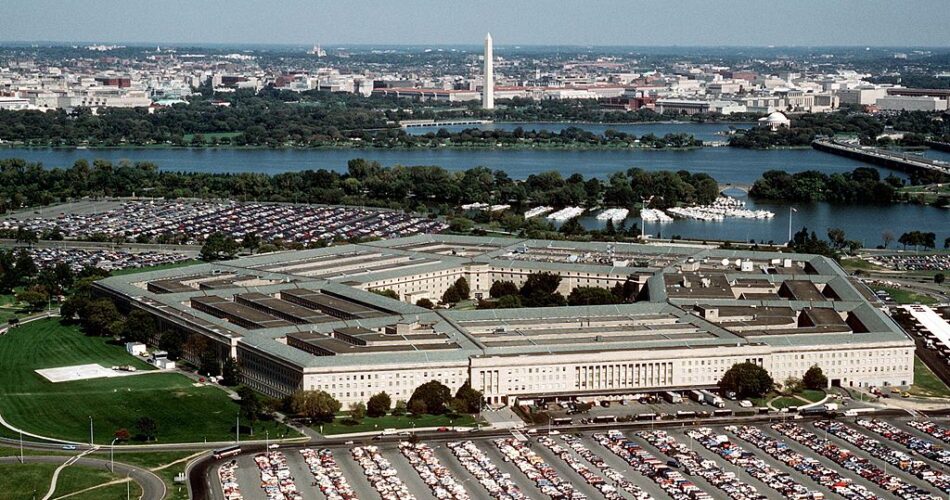It led to a firestorm.
Secretary of Defense Pete Hegseth recently led a voluntary Christian prayer service at the Pentagon, during which he referred to Jesus as “King” and prayed for divine wisdom and national guidance. The event, titled the “Secretary of Defense Christian Prayer & Worship Service,” was attended by Pentagon personnel and may become a monthly occurrence. Hegseth’s prayer emphasized repentance, obedience to Christian teachings, and asked for God’s help in national decision-making.
The service has sparked criticism from some legal and constitutional experts, who argue that it may violate the Establishment Clause of the First Amendment, which bars government endorsement of religion. Critics like former Pentagon attorney Rachel VanLandingham expressed concern that the service gave the impression of government support for a specific faith, even though it was voluntary. Others, including Mikey Weinstein of the Military Religious Freedom Foundation, strongly condemned the event, equating it to a fundamental threat to constitutional separation of church and state.
Supporters of Hegseth defended the prayer service as an exercise of religious freedom. Erin Smith from the First Liberty Institute compared Hegseth’s actions to those of Navy SEALs who previously sought religious exemptions during the COVID-19 vaccine mandates. She emphasized that Hegseth, like any other citizen, has the right to express his faith, even in a government role, so long as it doesn’t impose on others.
The event also featured a prayer from Pastor Brooks Potteiger of Pilgrim Hill Reformed Fellowship, who prayed for leaders including Donald Trump, describing their roles as appointed by God. He asked for their protection and wisdom, aligning the event’s message closely with a specific religious and political worldview. Potteiger’s church belongs to a conservative evangelical denomination, further fueling debate about the intersection of religion and public service.
This episode underscores the ongoing national conversation about religious expression in government settings. It highlights the tension between personal religious freedom and constitutional limitations on state involvement in religion, a balance that continues to provoke debate across legal, political, and public spheres.

It’s inappropriate and tacky to have prayers in a place of work. If someone wants to say a personal prayer for themselves I don’t mind but not on “company time.”